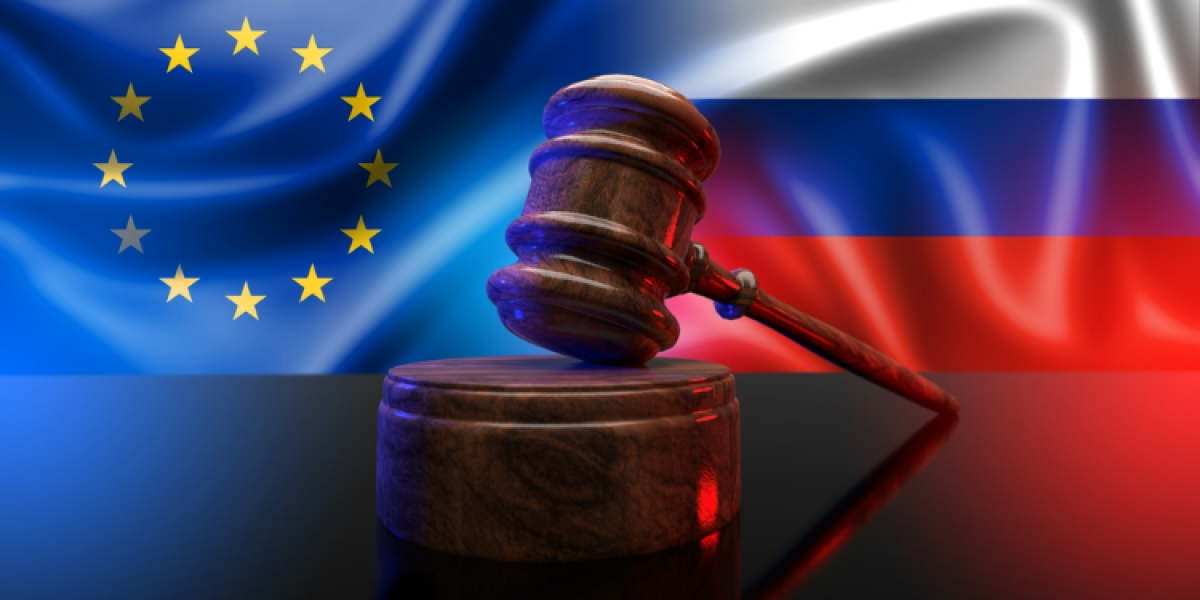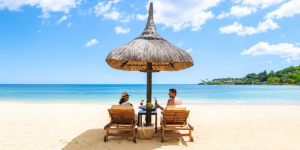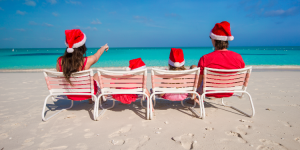
On Saturday, May 14, the G7 Ministers of Foreign Affairs agreed to a further extension of economic and diplomatic sanctions against Russia. These leaders firmly believe that the solution is to free their countries from Russian power. Pressure is also building up against states that are supporting Russia, such as China and Belarus.
"We will never recognize the borders that Russia has tried to change through military intervention", said the G7 representatives. But as the battle in Donbas stalls, Serguei Lavrov, Russia's Minister of Foreign Affaires, accuses Western countries of striking war upon Russia. But as the Ukrainian army wins the battle in Kharkiv, many countries have introduced diplomatic sanctions against Russia? Which are they, and what is the impact of these sanctions?
Expulsion of Russian diplomats
On Tuesday, April 19, Russia expelled 36 Belgian and Dutch ambassadors. But the Kremlin claims to have taken this action is a response to other country's actions. In fact, Belgium and the Netherlands recently expelled 38 Russian diplomats. However, Western countries do not see this in the same way, recalling their motivations for expelling Russian diplomats. Still, Russia expelled 40 more German diplomats on April 25.
Targeted countries reacted pretty quickly. The Netherlands suspended the issuance of visas for Russian citizens. The decision, however, is more of a logistical inability to continue issuing visas, as all its personnel assigned to this mission have been expelled from Russia, than a sanction against Putin. On April 26, the Dutch ambassador to Russia, Gilles Beschoor Plug, tweeted his regrets about the Russian counterattack, which is affecting all civilians. However, he gave his guarantee that the Netherlands would do its best to restore temporary and humanitarian visas. Latvia and the Czech Republic also suspended visas for Russians, except in "humanitarian emergency" situations.
The expulsion of diplomats is among the first measures (along with economic sanctions) against Russia. From the start of the war, the European Union (EU) no longer allows Russian passport holders to travel to the EU without a visa. Czech Republic, Ireland and most European countries expelled Russian diplomats suspected of being “double agents” working for the Russian Intelligence Unit. On February 24, the United States and Poland announced that they had expelled Russian agents.
Sanctions against Russian oligarchs
Western countries have already sanctioned more than 900 Russian oligarchs. These sanctions include the freezing of assets, the seizure of movable and immovable property, the suspension of visas, etc. The Russian president's family is not immune to sanctions. In early April, Maria Vorontsova and Katerina Tikhonova, Vladimir Putin's two daughters, joined the "black list" of the United States, the United Kingdom and the EU. What are Putin's daughters' faults? Maria has apparently had links with a company suspected of financing the Russian government and, therefore, the war. Katherina is suspected of having been heading a support fund of which Russian oligarchs close to the Kremlin are members. Putin's daughters' assets have therefore been frozen. They are no longer allowed travel to the United States or the EU. In mid-April, Canada also took sanctions against Maria Vorontsova and Katerina Tikhonova.
Freeze of assets, entry and stay bans, and the end of golden visas are some of the most common sanctions against Russia. A few days before the start of the war, the United Kingdom had already announced the end of its "golden visa" program. Launched in 2008, this program used to grant permanent residence to anyone who invested 4 million euros in the British economy, but that was until the subprime crisis. Very little attention was paid to the origin of the funds, so residency was granted to many Russian oligarchs, including some who are suspected of money laundering. According to Transparency International, an NGO that monitors corruption around the world, “2,581 super-rich Russians have gobbled up 2.5 billion euros in luxury London real estate, at least half of which are dodgy funds". This means that many Russian oligarchs have escaped the blacklist due to complex financial arrangements, masking disputed assets, sale of shares, assumed names, etc. Some super-rich Russians even managed to disappear from the radar. But for Western countries, these sanctions are not just symbolic. Sanctioning these oligarchs is an attempt to the Kremlin's funding.
Russia excluded from the sporting world
Sports organizations excluded Russia from international sporting events, including basketball, football, tennis, cycling, athletics, Formula 1, etc. These sanctions also target Belarus. On February 28, the International Olympic Committee (IOC) announced the exclusion of Russia and Belarus from all sports competitions. Often criticized for its neutrality regarding certain issues (like in the case of the latest Beijing Olympics), the IOC made its position obvious. The IPC (International Paralympic Committee) also excluded Russian and Belarusian athletes from the Winter Games. In April, Switzerland pleaded for Russian and Belarusian officials from international sports organizations to be excluded as well. Switzerland believes that sanctioning athletes is not enough. According to Swiss authorities, civil servants who have a greater influence should also be sanctioned.
Earlier in May, UEFA (European Union of Football Associations) insisted on the exclusion of Russian teams from this year's competitions. As a result, the Russians will not be able to participate in any European competition. Russia, a candidate for euro 2028 and 2032, is finally excluded from the selection. FIBA (International Basketball Federation) and World Rugby also suspend Russian clubs. Some Russian athletes (Formula 1, tennis) are only allowed to play under a neutral flag.
However, the exclusion of Russian athletes is debated, as shown in the "Winbledon case". Some experts believe that sanctioning an athlete because of his nationality makes no sense. They even see it as an escalation of discrimination and violence. Others deem it necessary to dissociate international competitions, where athletes officially represent their country, and other tournaments, where athletes compete individually, and therefore, are simply considered a worker. Yet, others believe that these sanctions are necessary to "show the example".
The EU recently announced that sanctions against Russia will be reinforced. Meanwhile, the United Kingdom keeps investigating, and targets Putin's inner circle. On May 14, the country announced new sanctions against the Russian president's very close circle, including Lyudmila Ocheretnaya, his ex-wife, and Alina Kabaeva, a former gymnast suspected of being Putin's mistress. London accuses them of financing President Putin's "luxurious lifestyle". Personally, Putin seems to have very little heritage but it is believed that his fortune is hidden among his relatives. Are the world's powers trying to hit harder on the Putin network? What would be the consequences of such actions? The ruble has already recovered from its early-war collapse, notably thanks to the sale of energy, on which the EU is still dependent. Russia is stepping up its actions to circumvent the consequences of the sanctions by allying with countries that are disappointed by Western countries, particularly in Africa. Meanwhile, Ukraine is resisting better than expected and is regaining territory. On Sunday, May 15, British intelligence announced that Russia had lost a third of its ground forces. This could be Russia's first failure, which could lead to more in the near future.



















